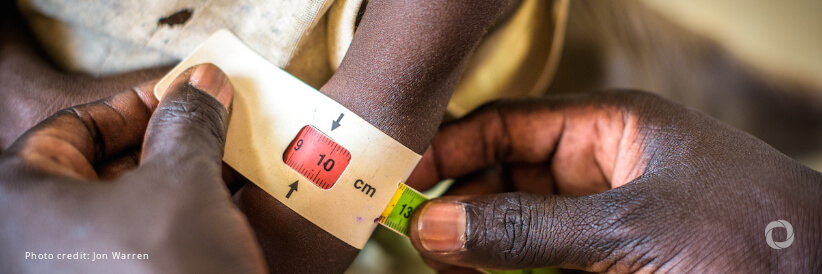The Regional United Nations (UN) agencies are concerned that millions of people are at severe risk unless humanitarian aid and increased funding support, are provided in Niger and Central Sahel.
In Niger, over 3.3 million women, men, and children (13 per cent of the total population) are severely food insecure. Maternal mortality rates are high, with 1 in 226 pregnant women dying from pregnancy-related causes. Less than half of the country’s health facilities are fully operational due to a lack of essential equipment, medicines and medical supplies.
Over the past month, food prices have increased by up to 21 per cent, limiting vulnerable families’ capacity to meet their basic needs. Over 7 million people (approximately 28 per cent of the population) are at risk of falling into severe food insecurity due to price hikes and loss of livelihoods triggered by the ongoing political crisis.
Niger is protecting more than 665,000 refugees and IDPs. UNHCR, the UN Refugee Agency, is concerned about the situation of these people as well as the more than 20,000 people who became internally displaced over the course of the past month as a result of violence and attacks. Movement restrictions, following border closures, have left already vulnerable including refugees, asylum seekers and their hosts in precarious conditions and in need of protection.
In addition, UNFPA, the UN Population Fund, is unable to bring in critical equipment and drugs for sexual and reproductive health. Supplies of Oxytocin, an essential drug to prevent post-partum haemorrhage, are running dangerously low, increasing the risks of maternal death.developmentaid.org/donors/view/1811/wfp
Access restrictions are hindering the delivery of essential aid. WFP, the UN food agency, has over 7,300 tons of food including specialized foods for the treatment and prevention of malnutrition that are stuck in transit due to border closures. Also, UNICEF, the UN children’s agency, alerts that over 300,000 doses of life-saving vaccines, as well as urgently needed medical and nutritional supplies, to protect children from epidemics and malnutrition, are awaiting customs clearance to Niger.
Shortages of seeds, feed, and high fertilizer costs will impact agriculture according to FAO. An immediate humanitarian response is crucial for hunger relief after floods and during the dry season.
WHO, the global UN health organization, alerts that prolonged electricity cuts and border closures have worsened healthcare access and exacerbated existing health challenges, increasing the potential for epidemics and rises in maternal mortality.
IOM, the UN migration agency, and UNHCR underscore that border closures in Niger are reshaping migration and displacement routes for refugees, migrants, and asylum seekers, leading to reduced movement to neighbouring countries, thereby necessitating global support to ensure the opening of a humanitarian corridor for migrants and effective aid delivery.
The suspension of UN Humanitarian Air Service (UNHAS) domestic flights since 05 August 2023, due to restricted access to fuel and airspace closures, has significantly impacted the movement of staff and the transportation of critical nutrition and medical supplies. The UN calls on all stakeholders to facilitate the safe and unimpeded movement of humanitarian personnel and support access to fuel.
Funding for humanitarian operations is another critical challenge in a country where 4.3 million people –mostly women and children – need urgent humanitarian assistance. The US$584 million humanitarian response plan for Niger is less than 40 per cent funded. The UN is deeply concerned that any suspension or interruption of donor funding in Niger will not only impact the immediate humanitarian response but also roll back hard-won community resilience and development gains made and drive humanitarian needs even further in the country and the region.
Driven by spiralling violence, displacement, food insecurity and climate hazards, the humanitarian crisis in Central Sahel is rapidly deteriorating with one in three people now in need of urgent aid and protection. The crisis in the region is of acute humanitarian concern, if current trends continue, increasing numbers of people will be unable to meet their vital survival needs.

